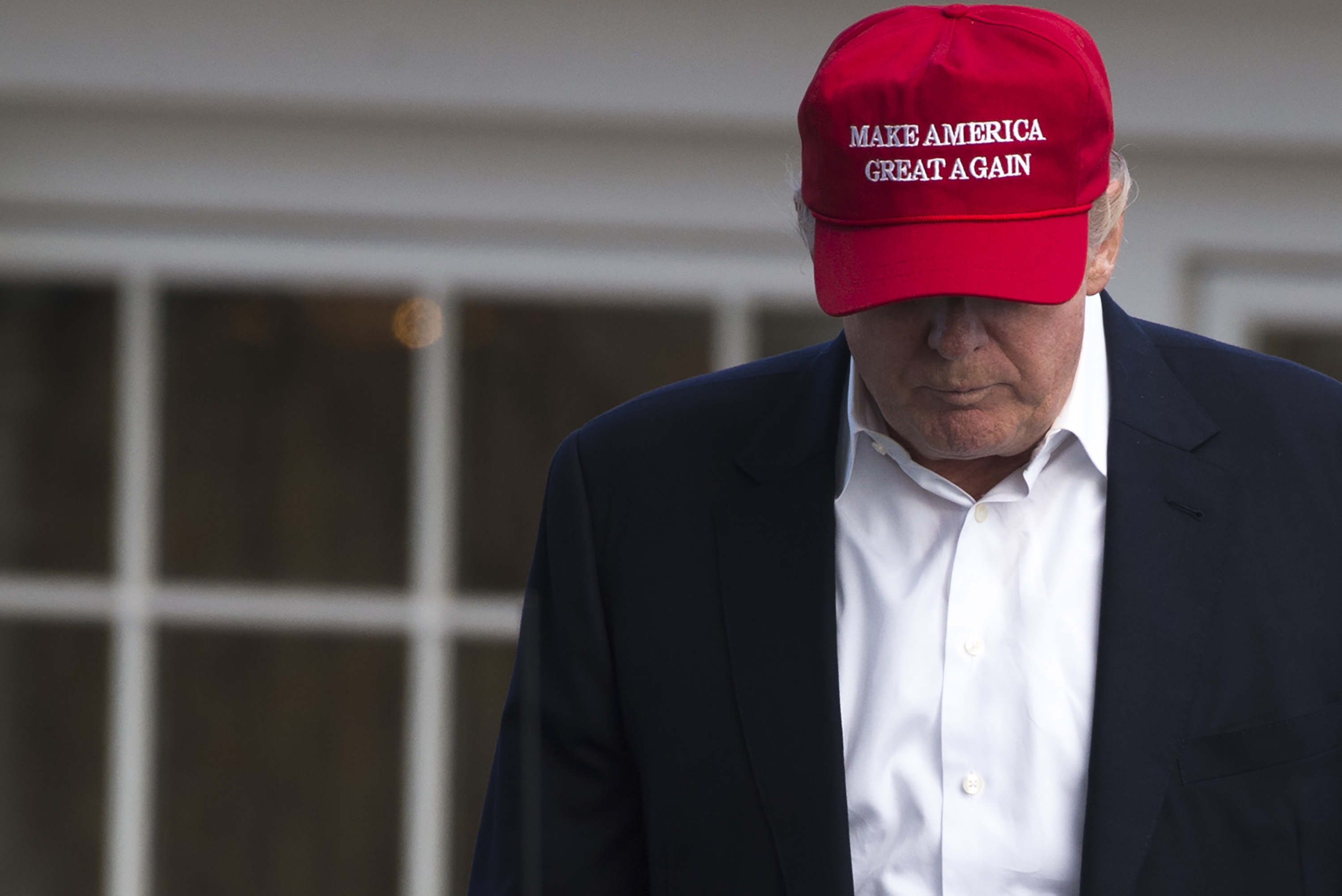
While President Donald Trump and the White House press team were busy teasing the announcement of the likely next Supreme Court justice like it was an actual reality show, a federal judge in California completely eviscerated the president’s recent Executive Order which purported to end his own chosen policy of family separations for undocumented immigrants.
Recall, the most substantive aspect of Trump’s EO was the following directive:
The Attorney General shall promptly file a request with the U.S. District Court for the Central District of California to modify the Settlement Agreement in Flores v. Sessions, CV 85-4544 (“Flores settlement”), in a manner that would permit the Secretary, under present resource constraints, to detain alien families together throughout the pendency of criminal proceedings for improper entry or any removal or other immigration proceedings.
The next day, Jeff Sessions‘ Justice Department did exactly that. The court order explains, “Defendants filed an Ex Parte Application seeking the following ‘limited’ relief: (1) an exemption from the Flores Agreement’s release provisions so that Immigration and Customs Enforcement (“ICE”) may detain alien minors who have arrived with their parent or legal guardian together in ICE family residential facilities, and (2) an exemption from the Flores Agreement’s state licensure requirement.”
In a 7-page order issued late Monday night, U.S. District Court Judge Dolly Gee did not hold back in denying and rubbishing those aforementioned requests. Judge Gee wrote:
It is apparent that Defendants’ Application is a cynical attempt, on an ex parte basis, to shift responsibility to the Judiciary for over 20 years of Congressional inaction and ill-considered Executive action that have led to the current stalemate. The parties voluntarily agreed to the terms of the Flores Agreement more than two decades ago. The Court did not force the parties into the agreement nor did it draft the contractual language. Its role is merely to interpret and enforce the clear and unambiguous language to which the parties agreed, applying well established principles of law.
That’s a scorching dismissal of what President Trump attempted to do with the EO signed on June 20. In plain language, the court’s order means that the Flores Agreement is still very much intact and therefore indefinite detention of children with their parents in ICE-administered facilities is off the table.
(As a secondary point, this ruling also denied the Trump administration’s request that those proposed ICE facilities not be subject to licensing and safety requirements as mandated by Flores. In service of this argument, Judge Gee accused administration attorneys of making “tortured” legal arguments.)
An earlier Law&Crime analysis of Trump’s June 20 EO noted:
Under the terms of Flores, families may only be detained together for up to 20 days. Under the terms of Trump’s EO, families would be detained together indefinitely. But unless the Central District of California court decides to amend the terms of the Flores agreement, the situation will quickly devolve back to the present policy of tent cities for children.
That same analysis predicted, “there’s absolutely no indication the Central District of California would be prepared to modify the order.” Indeed, in Monday’s unequivocal order, the Central District of California made the following observation, “Defendants seek to light a match to the Flores Agreement and ask this Court to upend the parties’ agreement by judicial fiat.”
In a tone atypically harsh for a federal judge, the court declined, “because it is procedurally improper and wholly without merit.”
[image via SAUL LOEB/AFP/Getty Images]
Follow Colin Kalmbacher on Twitter: @colinkalmbacher
Have a tip we should know? [email protected]